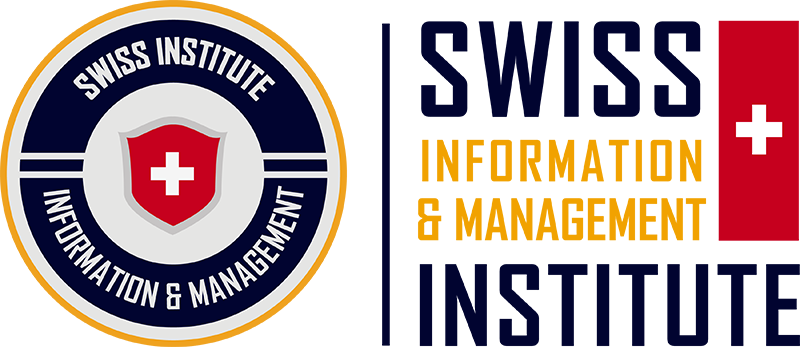4 Keys Differences Of Transportation And Logistics Management
In the intricate web of global commerce, efficient transportation and logistics management emerge as the unsung heroes, orchestrating the seamless movement of goods and services behind the scenes. Together, they form an inseparable duo that powers the global economy, sustaining businesses and meeting the ever-growing demands of a connected world.
This comprehensive blog post will delve into the world of transportation and logistics management, offering insights into their definitions, differences, and the myriad of job opportunities they present.
Transportation Management: Navigating the Routes of Efficiency

Definition
Transportation management, often abbreviated as TM, revolves around the planning, execution, and optimization of the physical movement of goods. It’s about getting products from point A to point B efficiently and cost-effectively.
Key Functions
- Route Planning: Selecting the best routes and modes of transportation to minimize costs and maximize speed. This involves considering factors like distance, traffic, weather, and fuel efficiency.
- Carrier Selection: Identifying and partnering with reliable transportation providers, ensuring timely deliveries. The choice of carriers can significantly impact costs and reliability.
- Shipment Tracking: Employing technology like GPS tracking and real-time communication to monitor shipments. This allows for proactive problem-solving and improved customer service.
- Load Optimization: Maximizing the use of available transportation capacity, reducing waste. Efficient loading not only saves costs but also reduces environmental impact.
- Regulatory Compliance: Ensuring that shipments adhere to local and international regulations, avoiding costly delays. Compliance is crucial for smooth cross-border transportation.
Logistics Management: Orchestrating the Supply Chain Symphony

Definition
Logistics management, a broader discipline, encompasses the orchestration of all supply chain activities. The conductor guides the ensemble, including transportation, inventory management, warehousing, and order fulfilment.
Key Functions
- Inventory Management: Balancing supply and demand while minimizing carrying costs. This involves forecasting demand, managing stock levels, and optimizing reorder points.
- Warehousing: Efficiently storing and managing goods before distribution. Warehouses act as crucial hubs for product consolidation and distribution.
- Order Fulfillment: Ensuring customer orders are processed accurately and delivered on time. This includes picking, packing, and shipping orders efficiently.
- Demand Forecasting: Predicting future demand to optimize inventory and transportation decisions. Accurate forecasting reduces carrying costs and stockouts.
Logistics management is the holistic approach to ensuring that the right products are available in the correct quantity, at the right place, and at the right time. It’s the backbone of supply chain management.
Comparison Between Transportation and Logistics Management

- Scope:
- Transportation Management: Primarily focuses on the physical movement of goods from one location to another.
- Logistics Management: Encompasses a broader range of activities, including transportation, inventory management, warehousing, and order fulfilment.
- Objectives:
- Transportation Management: Aims to optimize the physical transportation process for cost efficiency and timely delivery.
- Logistics Management: Aims to optimize the entire supply chain, from sourcing materials to delivering the final product to the customer.
- Technology:
- Transportation Management: Often employs Transportation Management Systems (TMS) for route planning and carrier selection.
- Logistics Management: May use a broader range of technology solutions, including Warehouse Management Systems (WMS) and Enterprise Resource Planning (ERP) software for comprehensive supply chain coordination.
- Job Roles:
- Transportation Management: Includes roles such as transportation planners, route analysts, and logistics coordinators.
- Logistics Management: Encompasses positions like supply chain managers, demand planners, and inventory analysts.
Conclusion
In the world of commerce, transportation, and logistics management are the invisible threads that bind supply chains together. Understanding their definitions, differences, and the wealth of job opportunities they offer is the first step in appreciating their significance. Whether you’re a professional seeking a fulfilling career or a business owner striving for supply chain excellence, the world of transportation and logistics management beckons with promise and possibility.
By exploring transportation and logistics management in detail, you’re embarking on a journey into the heart of modern commerce. These disciplines are not just about moving goods; they’re about ensuring that the wheels of global trade keep turning smoothly, day in and day out. So, whether you choose to specialize in transportation management or embrace the broader scope of logistics management, you’re contributing to the dynamic world of supply chains that powers economies around the globe.
The Swiss Information and Management Institute (SIMI Swiss) is the first fully accredited and globally recognized Higher Education provider in Zug, Switzerland. SIMI provides a unique opportunity to transform learners’ lives by giving students access to authentic, high-quality Swiss education and training.
Candidates can connect with SIMI through our official website or the official Facebook page below. We are looking forward in helping you to achieve great success.
